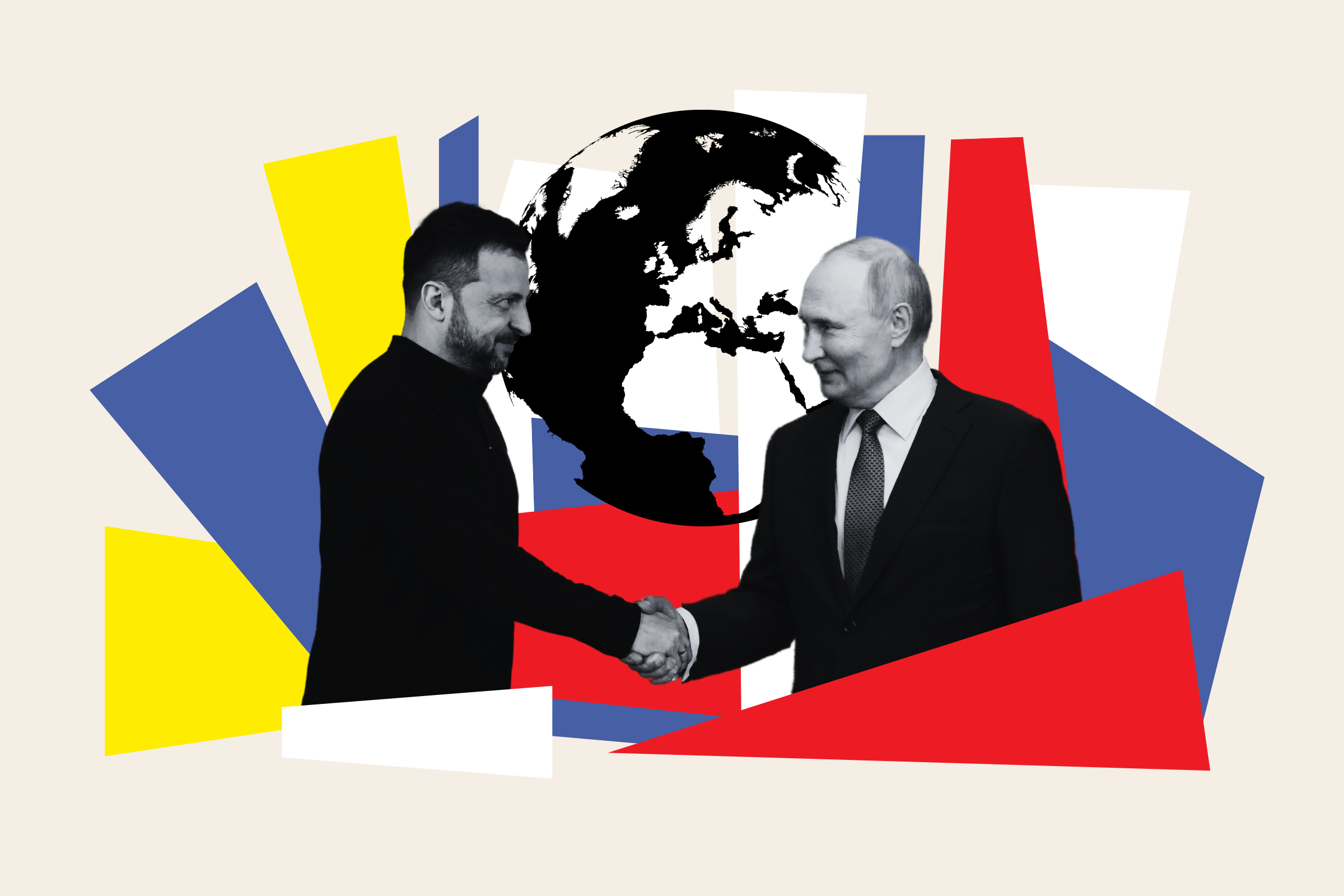In a recent statement, Sergei Shoigu, the former defense minister of Russia and currently the head of the country’s Security Council, made it clear that discussions to end the ongoing war with Ukraine are off the table for now. This comment comes in response to Ukraine’s recent military actions on Russian soil, leading Shoigu to assert that there will be no negotiations until Ukrainian forces are expelled from what he referred to as “our territory.” This stark perspective raises questions, especially when we consider the somewhat contradictory stance of President Vladimir Putin, who expressed a willingness to negotiate during the Eastern Economic Forum in Vladivostok earlier this month.
Putin emphasized his openness to talks, though he conditioned them on the Ukrainian government relinquishing control over certain regions that Russia claims to have annexed. Ukrainian President Volodymyr Zelensky, however, has firmly rejected these terms, suggesting that negotiations may be further complicated by divergent positions within Russian leadership.

As the crisis continues, several countries have stepped forward, expressing their desire to mediate and facilitate peace. Austria, for instance, became the latest nation to offer its services as a neutral ground for discussions. Austrian Chancellor Karl Nehammer made a public statement on X (formerly Twitter) highlighting Vienna’s capacity as a UN capital to support a “just and lasting peace” based on international law. However, experts suggest that Austria might lack the influence to effectively shape the outcomes of such negotiations, particularly in light of its upcoming federal elections, where the Freedom Party is gaining traction.
Austria
Political analysts note that Nehammer’s initiatives may be heavily influenced by domestic politics rather than a genuine commitment to facilitating peace. Peter Rough from the Hudson Institute pointed out that the current political climate in Austria, alongside the FPÖ’s critical stance towards Ukraine, complicates the country’s potential role as a mediator.

Hungary
In Hungary, Prime Minister Viktor Orbán, known for his critical view of ongoing Western military support for Ukraine, has sought to position himself as a potential peace broker. During a recent visit to Kyiv, Orbán encouraged President Zelensky to consider a ceasefire. While Orbán has engaged in discussions with both Ukrainian and Russian leaders, experts like Rough believe his peace efforts are more about political maneuvering than a real commitment to resolving the conflict. The historical animosity between Hungary and Ukraine casts doubt on its suitability as a mediator.

BRICS Nations: Brazil, China, and India
During the Economic Forum, Putin also mentioned Brazil, India, and China as possible mediators in the conflict. However, experts express skepticism about the effectiveness of these nations due to their close ties to Russia. While Indian Prime Minister Narendra Modi has shown interest in a diplomatic role, his previous engagements with Putin during a period of Russian aggression against Ukraine have raised questions about India’s neutrality. Despite their potential influence, experts assert that until Russia, Ukraine, and the US demonstrate a genuine interest in peace talks, the prospect of mediation remains uncertain.
With escalating tensions, Rough emphasizes that Ukraine, being the smaller party in this conflict, requires robust security guarantees for any ceasefire to hold. Currently, countries like India and China may not be able to offer the necessary assurances that Kyiv seeks.
Turkey’s Role
Turkey has also been a subject of discussion regarding its ability to act as a mediator between Russia and Ukraine. Despite suspicions around its shifting alliances with Russia, Turkish President Recep Tayyip Erdogan has expressed a willingness to facilitate negotiations. Historically, Turkey played a crucial role in brokered agreements, like the grain shipment deal from Ukrainian ports. However, any serious mediation would likely necessitate substantial backing from the US and Western Europe.
As the situation evolves, the idea of convening a peace summit remains dim. Recent pledges from Kyiv indicate a reluctance to engage directly with Russia until significant political changes occur. Analysts suggest that while various nations might aspire to mediate, the real power dynamics lie with the leading figures of the conflict and their respective countries’ willingness to negotiate.
Otto Wilkerson, a senior fellow at the Eisenhower Media Network, points out that mediation efforts may only gain traction after significant political changes occur, especially after upcoming elections in Ukraine, which could redefine leadership and approach to the ongoing crisis.
